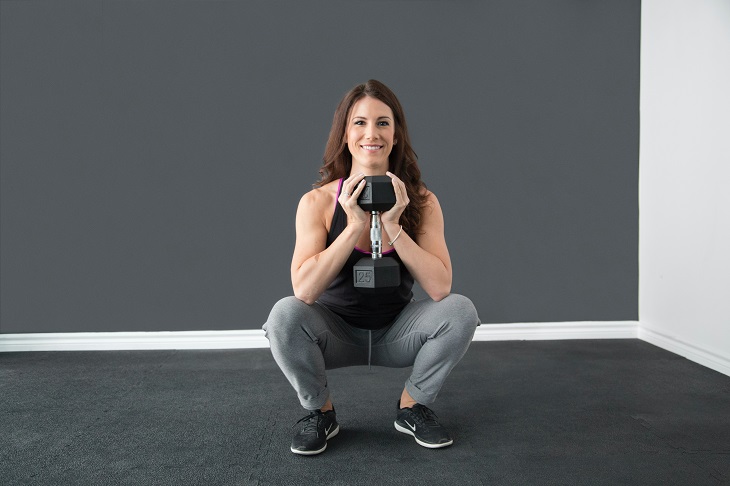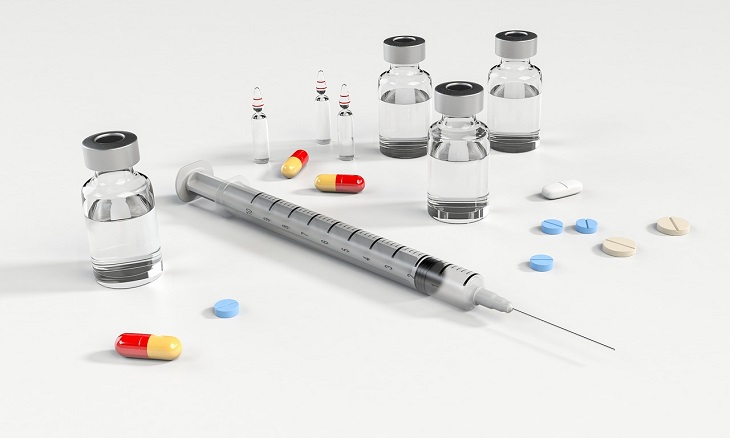Peptide therapy has been surging in popularity in recent years. The first initial form of peptide therapy was insulin use for people with diabetes. Common use of and research into peptide therapy was very minimal for decades because of peptides’ short half-life, as well as their lack of bioavailability. But improvement of these two factors has been in the works, and now peptide therapy is gaining momentum for its many benefits.
Along with insulin, collagen is another peptide that is used for a variety of health benefits, including anti-aging and joint health. The number of peptides becoming available for wellness uses is growing exponentially, and some research suggests that the right peptide can even be used to help overweight individuals reach a healthy body mass index. So does peptide therapy work for fat loss, and if so, how?
The obesity endemic
Modern lifestyles have led to a significant increase in overall obesity rates across the United States. Research has suggested that over 40% of the adult population was either overweight or obese, with over 18% of American children falling into the obese category. With over 300,000 deaths being contributed to obesity-related disease per year in the country, many people are exploring new options to shed unwanted pounds and regain control of their health.
The creature comforts of quick meals and sedentary living have gotten in the way of losing weight for many, while for others, health conditions that lead to unwanted weight gain make it much more difficult to recover. Certain medications also contribute to weight gain, so it becomes a vicious cycle of treatment for one condition while battling another.
Peptide therapy for fat loss is a relatively new way to reach a healthy body weight in combination with healthier choices, and there’s good reason for it.

Peptide therapy for fat loss
Research has shown that some peptides can aid in weight loss efforts. This is likely due to the fact that they can encourage the proper functioning of the lipolysis process.
The body stores fat as an attempt to have a back-up energy reserve for when glucose levels dip between mealtimes. During lipolysis, the body breaks down fat using enzymes and water. When the lipolysis process occurs and the fat becomes broken down, it gets released from adipose tissue into the bloodstream, where it can then be used as a fuel source.
Which peptides help with fat loss?
Research has found that specific peptides need to be used to aid in the fat loss process. Natriuretic peptides (NPs) are made by the heart and are used to induce a process called natriuresis. This particular bodily process eliminates excess levels of sodium through the renal system. When sodium levels become too high, high blood pressure and heart disease can result.
There are four specific groups of natriuretic peptides. They include:
- Atrial natriuretic peptide (ANP)
- B-type natriuretic peptide (BNP)
- C-type natriuretic paptide (CNP)
- Dendroaspis natreiuretic peptide (DNP)
These four groups or types make up all NPs and can be the main factor in weight and fat loss through peptide therapy. There are other types of peptides that can help in weight loss, though, as the obesity-battling effects of peptides are not exclusive to natriuretic peptides.
AOD-9604 peptide for fat loss
The AOD-9604 peptide is a synthetically made peptide designed to encourage the secretion of and mimic the effects of the human growth hormone. It was initially marketed as an anti-obesity drug and now can be seen in a variety of different weight loss supplements.
This peptide has the ability to reduce lipogenesis, which is the body’s way of storing fat through synthesizing glucose and other substrates into fatty acids. When this occurs, the body’s cells begin to accumulate fat, and over time the process can lead to weight gain and obesity by way of insulin resistance.
The AOD-9604 peptide can also decrease appetite and encourage the release of fat from cells.
Ibutamoren mesylate peptide for fat loss
Another synthetic form of peptide that can promote the amount of human growth form in the body is the ibutamoren mesylate peptide, also known as MK-677. Because the human growth hormone can aid in increasing lean muscle mass while reducing fat mass, this peptide encourages that process when used as a part of peptide therapy.
MK-677 has also been shown to help increase energy levels, which in turn can lead to more exercise for individuals who are overweight or obese and generally lacking enough stamina to get through regular exercise routines.
One particular study on the effects of MK-677 found that overall, fat-free mass increased in participants. This is a good indicator that it could help aid in overall weight loss, because often during diets, both fat and muscle are lost.

Vital RX Fat Loss subscription box
Vital RX has developed a Fat Loss subscription box with carefully curated ingredients to help you on your journey to healthy body weight. The box contains MK-677 as well as AOD-9604. Also included are lipotropic injections designed to further aid in the overall loss of fat, as well as a multivitamin to ensure the proper nutrition throughout a period of caloric restriction or diet changes.
Click here for more information on Vital RX subscription boxes and how they can help you achieve your goals.
Featured image by Bill Oxford on Unsplash





















